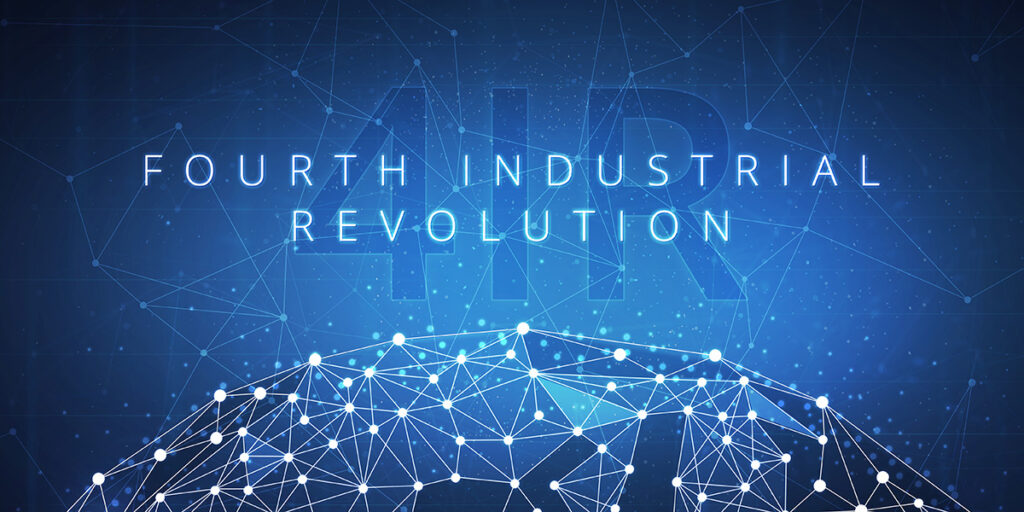The world is in the midst of a profound transformation, ushering in what is often referred to as the 4th Industrial Revolution. Characterized by the convergence of digital, biological, and physical technologies, this revolution is reshaping industries, societies, and even the way we perceive our own existence. In this article, we delve into the key aspects of the 4th Industrial Revolution and the transformative changes it is bringing to various facets of our lives.
Defining the 4th Industrial Revolution
The 4th Industrial Revolution builds on the foundation of the previous three revolutions by seamlessly integrating cutting-edge technologies like artificial intelligence (AI), the Internet of Things (IoT), robotics, biotechnology, and more. Unlike its predecessors, this revolution is not just about automating tasks; it’s about blurring the lines between the physical, digital, and biological realms.
Technological Convergence
One of the defining features of the 4th Industrial Revolution is the convergence of technologies. AI-powered robots can learn and adapt in real time, IoT devices can communicate and share data autonomously, and biotechnology is enabling breakthroughs in personalized medicine and genetic engineering. This synergy between technologies is amplifying their impact, creating solutions that were once thought to be science fiction.
Impact on Industries
The 4th Industrial Revolution is reshaping industries across the board. Manufacturing is becoming increasingly automated, leading to higher efficiency and customization possibilities. Healthcare is embracing AI-driven diagnostics, telemedicine, and gene editing for personalized treatments. The financial sector is being transformed by fintech innovations like blockchain and digital currencies. Agriculture is benefitting from precision farming and data-driven practices. In essence, every sector is experiencing disruption and innovation on an unprecedented scale.
Societal Implications
The revolution is not just about technology—it has profound societal implications. It’s changing the nature of work, demanding new skill sets, and challenging traditional education systems. As automation becomes more prevalent, there’s a need to focus on upskilling and reskilling the workforce to adapt to the changing job landscape. Moreover, ethical considerations related to privacy, data security, and the impact of AI on jobs are becoming increasingly important.
Challenges and Opportunities
The 4th Industrial Revolution presents both challenges and opportunities. While it holds the potential to solve some of humanity’s most pressing issues, such as climate change and healthcare access, it also raises concerns about job displacement, privacy breaches, and the ethical use of technologies. Balancing innovation with responsible development is crucial to ensure that the benefits of the revolution are accessible to all.
Global Collaboration
The 4th Industrial Revolution is a global phenomenon that requires collaborative efforts. Governments, industries, academia, and civil society must work together to shape policies, regulations, and standards that promote innovation while safeguarding human rights and well-being. International cooperation is essential to address challenges like cybersecurity, data sharing, and ethical AI deployment.
Conclusion
The 4th Industrial Revolution is a transformative force that is redefining the boundaries of what’s possible. It’s not just about technology; it’s about reimagining how we live, work, and interact with the world around us. As we navigate the challenges and opportunities of this revolution, it’s imperative that we harness its potential to create a future that benefits humanity as a whole, ensuring that innovation is driven by a sense of responsibility, inclusivity, and sustainable progress.

